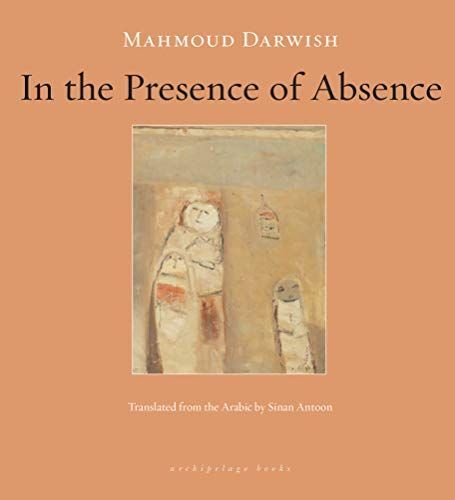
In the Presence of Absence
One of the most transcendent poets of his generation, Darwish composed this remarkable elegy at the apex of his creativity, but with the full knowledge that his death was imminent. Thinking it might be his final work, he summoned all his poetic genius to create a luminous work that defies categorization. In stunning language, Darwish’s self-elegy inhabits a rare space where opposites bleed and blend into each other. Prose and poetry, life and death, home and exile are all sung by the poet and his other. On the threshold of im/mortality, the poet looks back at his own existence, intertwined with that of his people. Through these lyrical meditations on love, longing, Palestine, history, friendship, family, and the ongoing conversation between life and death, the poet bids himself and his readers a poignant farewell.
Reviews
Marion@mariorugu
dima@dima
Highlights
Marion@mariorugu
Marion@mariorugu
Marion@mariorugu
Page 126
Marion@mariorugu
Marion@mariorugu
Marion@mariorugu
Marion@mariorugu
Marion@mariorugu
Marion@mariorugu
dima@dima
Page 72